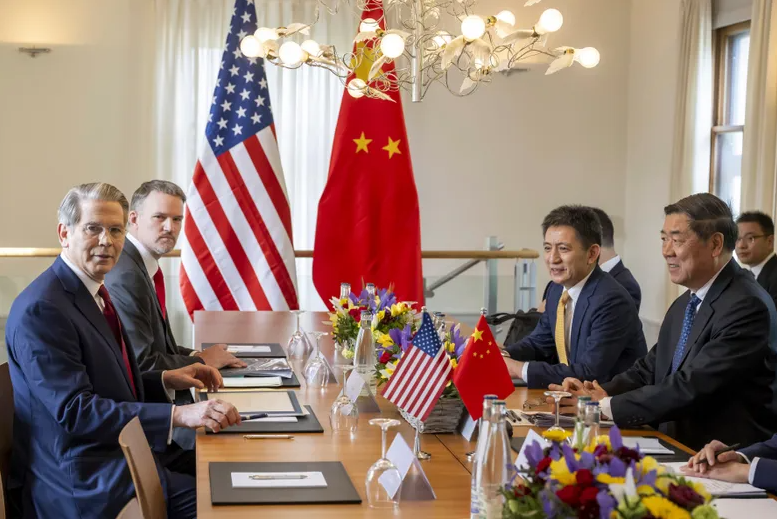
Ghulam Ali, Deputy Director, Hong Kong Research Center for Asian Studies
May 23, 2025
U.S. President Donald Trump’s unwarranted global tariff war, which began on April 2, 2025, with steep 145 percent tariffs on China, alerted economists to unforeseen global consequences. As China’s economy relied heavily on manufactured goods, and with the U.S. as its largest export destination, the Trump administration believed that imposing tariffs could weaken China and compel it to comply with its terms and conditions. Beijing, well-prepared in advance, proved this belief wrong. China’s resolute response within weeks forced the U.S. to enter negotiations, which took place from May 10 to 12 in Geneva, in which the two sides agreed to suspend tariffs for 90 days. The success of Beijing’s policy relied on several factors.
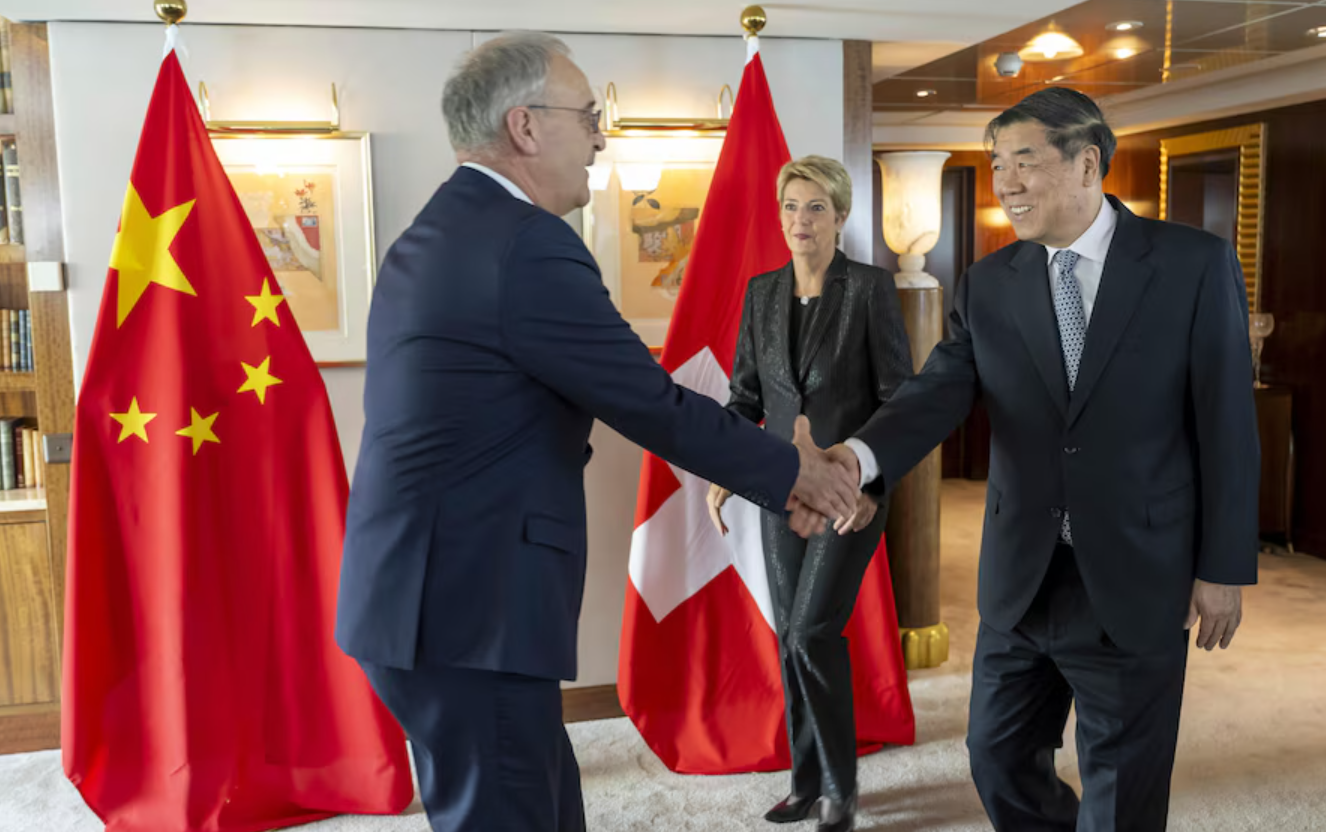
Dan Steinbock, Founder, Difference Group
May 14, 2025
Despite de-escalation in Geneva, trillions of dollars may have been lost in the unwarranted trade wars.
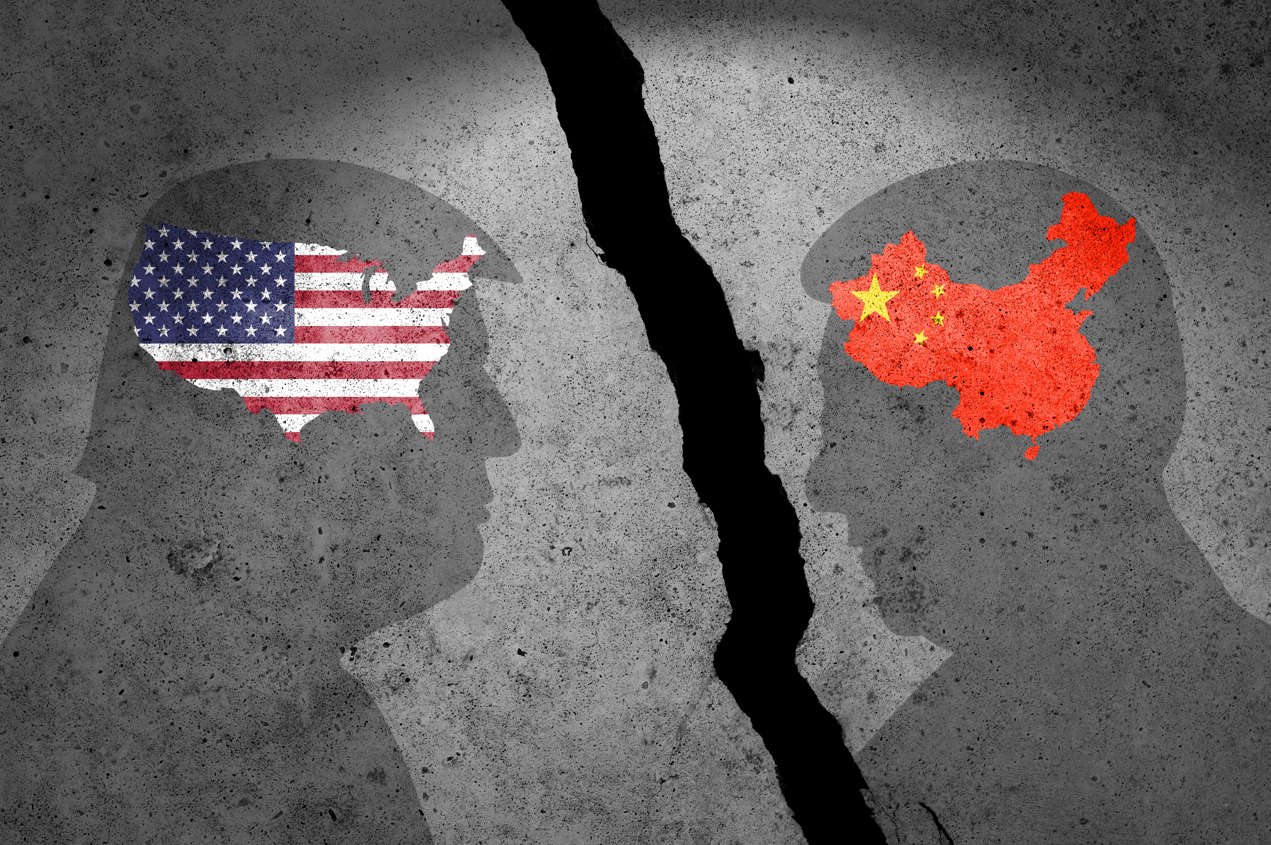
Zhou Xiaoming, Former Deputy Permanent Representative of China’s Mission to the UN Office in Geneva
May 06, 2025
A trade deal between China and the United States is nowhere in sight. The mountain of issues could take a long time and enormous effort to resolve. It’s certainly not going to happen in three or four weeks, as Trump has suggested. More likely, it will be months, if not years.
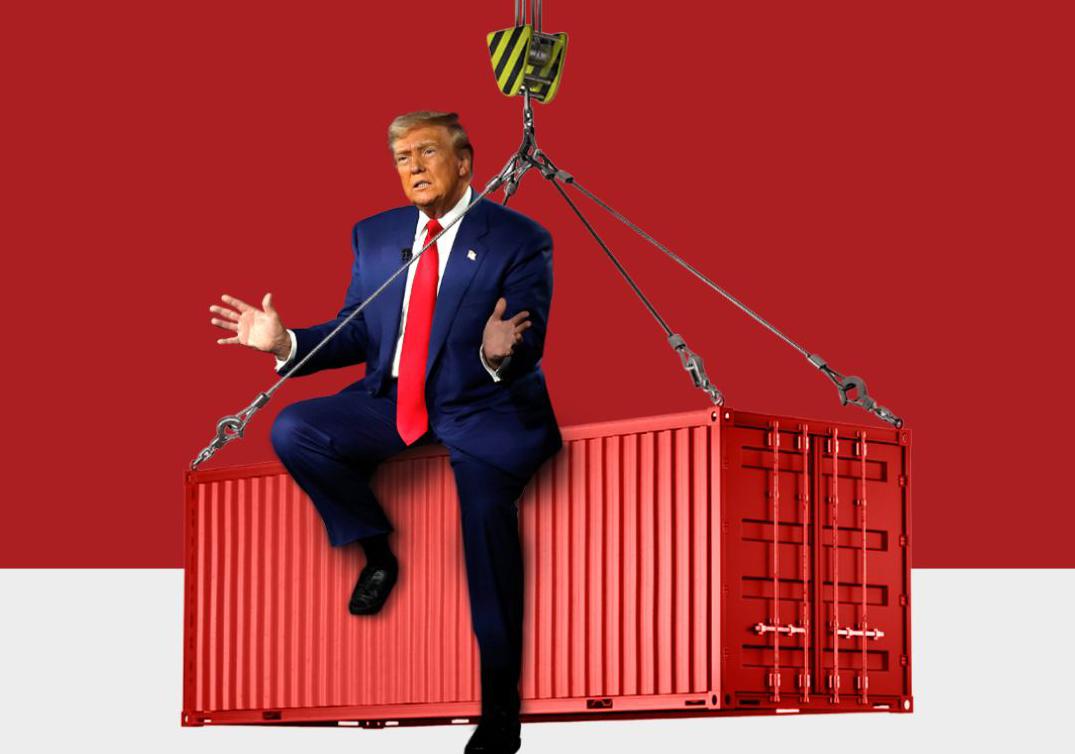
Zhang Monan, Deputy Director of Institute of American and European Studies, CCIEE
May 02, 2025
Donald Trump’s “reciprocal tariff” policy is intended to push back against globalization, but its inherent structural problems will only accelerate the trend of “de-Americanization” worldwide.

Shang-Jin Wei, Professor, Finance and Economics at Columbia University
Apr 22, 2025
China has taken a tough stance against US President Donald Trump, matching the last two rounds of US tariffs with tariffs of its own. The US tariff on goods from China is now 145%, while China’s is 125%. Why does China take such a position, and are there any off-ramps that would allow it to mitigate the costs of a prolonged trade war?
Zhang Jun, Dean, School of Economics, Fudan University
Apr 22, 2025
There are signs that the Chinese economy has been improving, owing to the government’s September 2024 stimulus package. Year-on-year GDP growth in the first quarter of this year reached 5.4% – continuing the marked acceleration from the third quarter of last year.
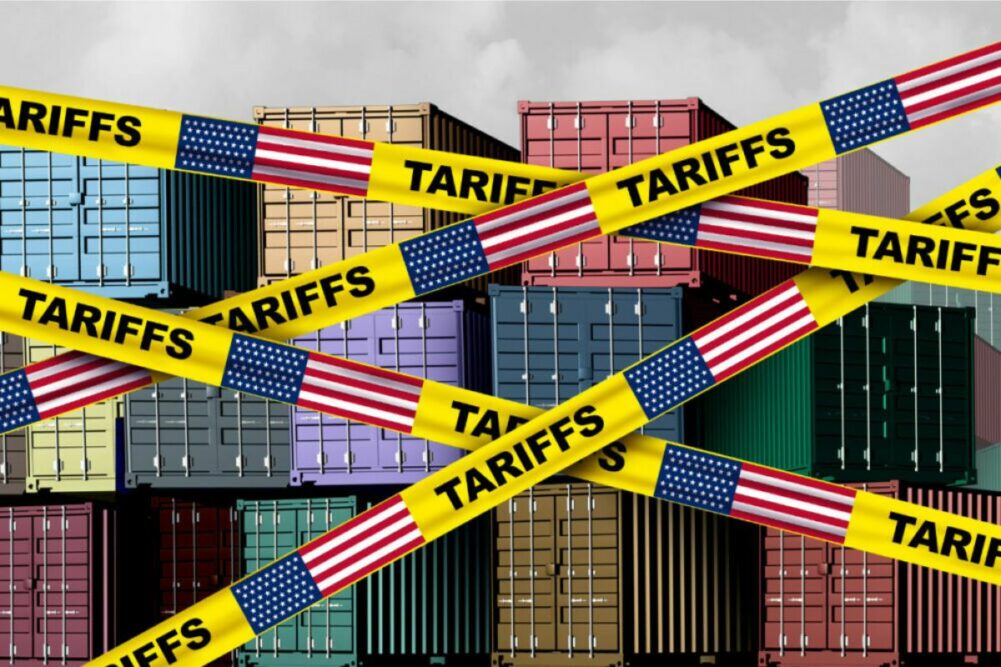
Lawrence Lau, Ralph and Claire Landau Professor of Economics, CUHK
Apr 18, 2025
An estimate of the impact of the tariff war between China and the U.S. on the Chinese GDP in 2025 is presented. The dependence of the Chinese economy on its exports and, in particular, on its exports to the U.S. has been declining significantly over time. At the current tariff rates, a total cessation of bilateral trade is a real possibility. Under the assumption, the reduction in the rate of growth of Chinese GDP may be estimated to be 1.2%, other things being equal. Even though the announced target rate of Chinese growth is around 5%, the weighted average of the target rates of growth of the provincial-level units is 5.26%, indicating room for further increase. In addition, China is expected to launch additional domestic economic stimulus measures in response to the new tariffs, which should result in an additional growth of 0.5%. For 2025 as a whole, a rate of growth of around 4.5% (5.26 – 1.2 + 0.5) may be predicted.
Doug Bandow, Senior Fellow, Cato Institute
Jan 27, 2025
China's tightening economic controls, lack of transparency, and foreign investment challenges could strain its global economic relationships and exacerbating tensions with the U.S. and its allies. Additionally, there’s increasing skepticism about China's growth and business environment, potentially accelerating economic decoupling and mutual losses for both China and the West.
Brian Wong, Assistant Professor in Philosophy and Fellow at Centre on Contemporary China and the World, HKU and Rhodes Scholar
Dec 31, 2024
China's leadership has acknowledged the need to prioritize consumption and foster entrepreneurship, but these goals require deeper systemic reforms and a bolder embrace of risk-taking to reignite growth and confidence in the economy.
Huang Yiping, PKU Boya Distinguished Professor and Former Member of the Monetary Policy Committee, People’s Bank of China
Dec 27, 2024
China’s GDP growth slowed during the first three quarters of 2024, from 5.3% to 4.7% to 4.6%, raising fears that the country would not achieve its annual growth target of around 5%. But the latest data suggest that China’s economy is finally turning the corner.